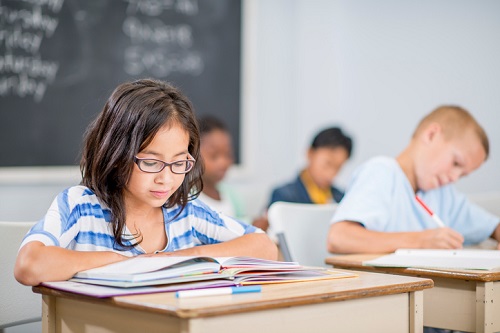
Like the previous two years, 2018’s graduating class of Singapore’s primary schools achieved stellar results at the Primary School Leaving Examination (PSLE).
An impressive 98.4% of the 39,672 pupils who took the PSLE this year did well enough to progress to a secondary school. It remains the best performance since the national exam was first introduced in 1960.
Despite being a yearly ritual, where students and parents mull over the results and decide the next step, what stands out this year is a genuine effort to shift the focus away from mere grades.
For instance, in a Facebook post, Education Minister Ong Ye Kung reminded students that the PSLE does not determine the student’s entire life journey.
“Whatever your results, you deserve a big pat on the back, for this is the first milestone in your long education journey,” Ong said. “It is a valuable experience that inculcates discipline, teaches you to work towards your goals. It is also an event that often brings parents and child closer together.
“But it is just one of many more milestones to come and it certainly will not determine how your life will unfold.”
Geylang Methodist School (Primary) principal Jennifer Choy also delivered a similar message in her speech to parents prior to releasing the results (22 November), reported The Straits Times.
“These three digits (the results) do not represent a child’s worth,” she said. “We should look for opportunities to celebrate.”
This year saw several heated debates over the PSLE – some urged its removal from the Singapore education system as it was a source of excessive stress. Others believed it teaches students to have an unhealthy focus on grades.
The Ministry of Education has thus been pushing for a refocus of education here so that students can develop a “love of learning” and the necessary skills to build their character, instead of just chasing for the top grades.
Although the government rejected calls for the scrap of PSLE, with one minister saying it will only “transfer the stress on students” elsewhere, MoE has recently made adjustments to the education ystem. This includes the plan to scrap major mid-year examinations for primary 3 and 5 over the next three years.
The move aims to reduce the stress associated with school-based assessments and free up more time and space in schools to strengthen holistic development, self-discovery and engaged learning.


